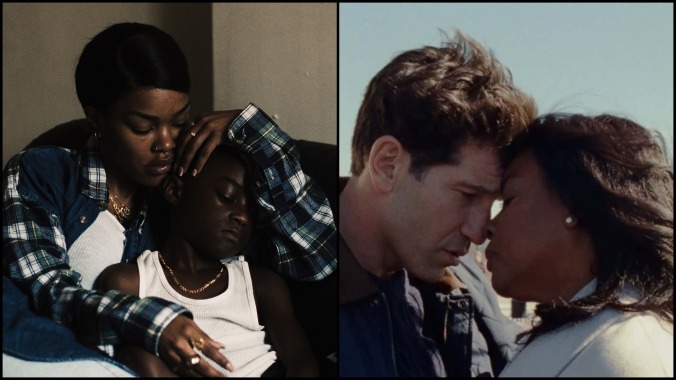A Thousand And One director joins Ava DuVernay in award season frustration: "We're not even given a shot"
Ava DuVernay previously called out how difficult it was to get people to even watch her film, Origin

Award season is in full swing, which means we tend to see some of the same titles—Oppenheimer, Killers Of The Flower Moon, Poor Things, etc.—over and over. Much ink has already been spilled over this cycle’s biggest sweeps and the shows they consequently shut out, but even when mourning those baffling snubs, it can be easy to forget that all of these pieces of art are benefitting from being talked about at all. Many aren’t so lucky.
Ava DuVernay recently called attention to this disparity in an emotional Instagram post illuminating how hard it’s been to get people to even watch her latest film Origin, much less nominate or vote for it. In a video, she revealed that the film’s star, Aunjanue Ellis-Taylor, spent the day of the Golden Globes handing out postcards for the movie to people walking outside a local Los Angeles AMC. Neither Ellis-Taylor nor DuVernay were nominated for the film, which takes inspiration from Isabel Wilkerson’s book Caste: The Origins Of Our Discontents, and explores racism in America as an aspect of the caste system.

 Keep scrolling for more great stories from A.V. Club.
Keep scrolling for more great stories from A.V. Club.